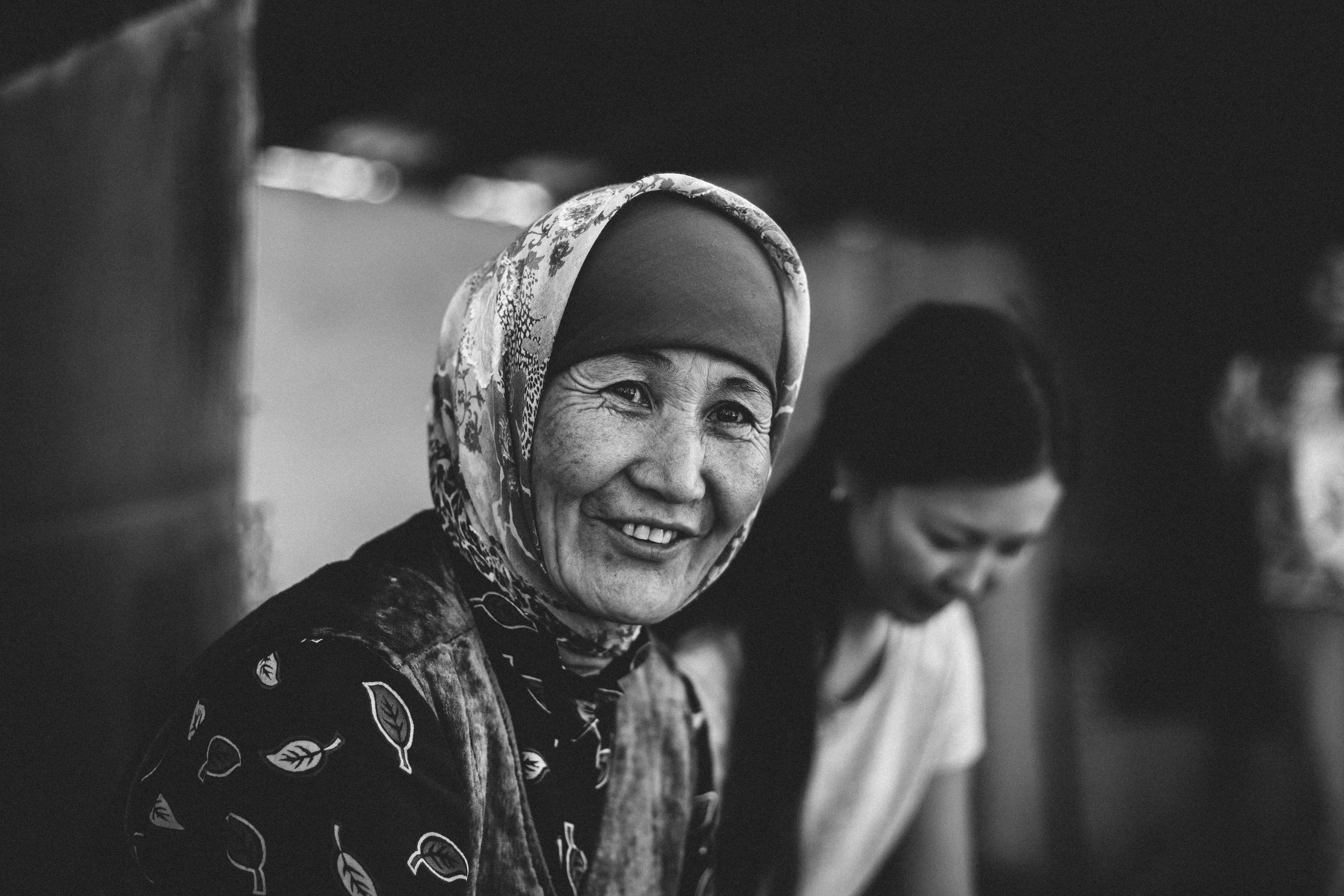‘Who hears the voice of older migrants?’

Fifi is a committed health professional like there are many — except that besides work, Fifi is also volunteering for Pharos, an organisation giving ‘cultural-sensitive working’ courses to address health disparities in the Netherlands. She gives us a quick insight of her experience…
When I asked Dutch people with a migrant background about whether migrant people were ageing differently from country nationals, I’ve regularly heard the same story of doctors not being interested in the case of their mother or father. And as a general practitioner, I have to admit I did recognise a similar pattern among my colleagues.
In the Dutch health system, general practitioners play the role of gatekeeper in the access to care. They are in charge of referring patients to the right medical specialists according to their preliminary diagnosis. Both groups, the generalists and the specialists, might be unaware of the cultural background of the diverse migrant groups. Maybe because they have their own ideas about the cause(s) that brought the person to visit them, because they are not trained to intercultural relationships, or simply because they are not interested in people’s cultural background, health staff do not ask explicitly what the migrant patient thinks or prefers.
Moreover, the information materials, folders about dementia, diabetes, care provisions, etc. are often too complicated to be understood by people with low levels of education. Among Turkish and Moroccan female migrants who arrived in the 1970s (and are now in their 70ies or 80ies) about 80 to 90% of them are considered low literate or illiterate. On top of that, (older) migrants may have difficult to understand Dutch language and, apart from refugees that are entitled free official interpretation services for the first year after their admission, interpreters for patients are no longer payed by the Dutch government.
For all these reasons, the needs and preferences of older migrants are not properly understood leading to unequal access to medical healthcare and treatment.
Fifi, AGE member and Pharos volunteer
Read also:
Our thematic page on ageism and migration
—
Fifi Groenendijk is both a member of OVN-NL, the Older Women’s Network Netherlands and a member of AGE. In this quality, she participates in several Task Forces of AGE, including the one on healthy ageing.
Pharos is the Dutch national centre of expertise on health disparities. Their expertise focuses on: (1) Sustainable improvement of the quality, effectiveness and accessibility of care and prevention for people with limited health literacy, non-western migrants and refugees; (2) Reduce existing health disparities between different groups of people. More on their website: www.pharos.nl


Facebook Comments